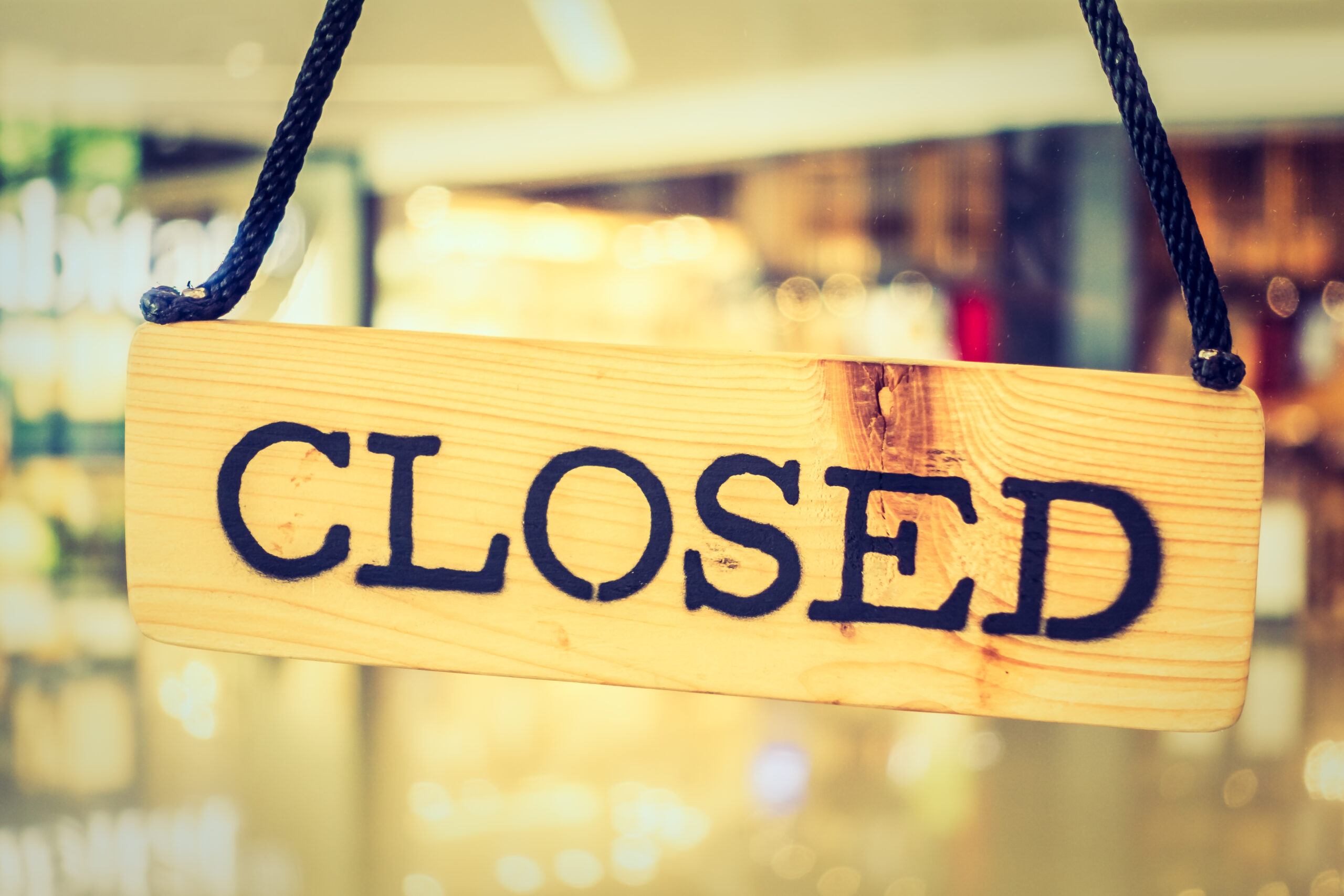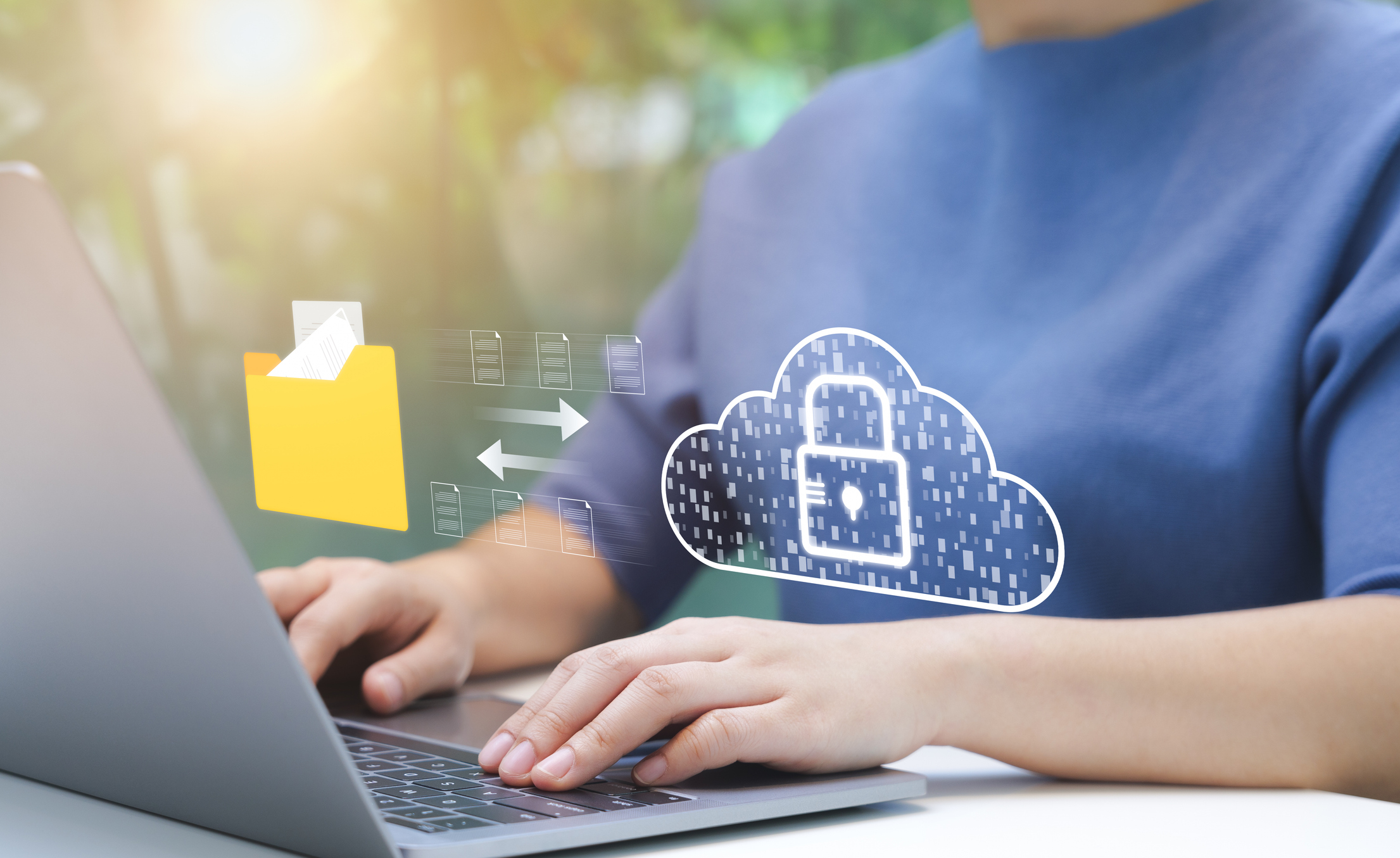A share buyback (or share repurchase) occurs when a company purchases its own shares from one or more shareholders. This mechanism is used for a variety of strategic and financial reasons including providing an exit route for a departing shareholder, returning surplus capital to investors, or improving earnings per share by reducing the number of shares in circulation.
Why Companies Opt for Share Buybacks
Share buybacks are a well-used tool in corporate restructuring because they can be designed in a way that offers significant tax efficiency.
Under section 10(1)(k)(i) of the Income Tax Act 58 of 1962, dividends paid between two South African resident companies are exempt from dividends tax, meaning no income tax liability arises on such a distribution. This makes certain buyback structures more appealing, though it is essential to seek professional tax advice to avoid unintended consequences, as not all transactions qualify for this relief.
In addition, our tax framework generally does not treat a share buyback as a “disposal” for capital gains tax purposes, meaning that no CGT is triggered in most instances.
However, companies must remember that failure to comply with the relevant legislative requirements can render the transaction voidable. In such cases, the directors who authorised the buyback could be held personally accountable for the breach.
Legal Requirements for a Share Buyback
The process is regulated primarily by section 48 of the Companies Act 71 of 2008 (“the Companies Act”) alongside relevant provisions of tax legislation.
Historically, shareholder approval was required in certain circumstances. Following the Companies Amendment Act 16 of 2024 (“the Amendment Act”), the rules have changed:
- General Rule: Shareholder approval is now required for all buybacks, except in limited instances.
- Exceptions:
- A pro-rata buyback offered to all shareholders even if directors or prescribed officers participate does not require a special resolution.
- Purchases conducted on a recognised stock exchange also do not require shareholder approval.
- Related Parties: Any buyback involving a director, prescribed officer, or a related person still requires shareholder consent.
In some cases, sections 114 and 115 of the Companies Act will apply, requiring an independent expert’s report and additional approvals before the transaction can proceed.
The Solvency and Liquidity Test
A fundamental safeguard is the solvency and liquidity test. This requires the board to confirm that, after the buyback, the company will:
- Be able to meet its debts as they fall due; and
- Not become insolvent as a result of the transaction.
Only once this test is satisfied may the buyback proceed.
Compliance Is Critical
The above is only a high-level overview. Numerous statutory and tax provisions may apply depending on the nature of the buyback, the parties involved, and the company’s corporate structure.
Given the potential for significant liabilities including personal exposure for directors, companies should always obtain advice from experienced legal and tax professionals before implementing a share buyback. Proper structuring ensures both regulatory compliance and optimal tax efficiency, avoiding costly mistakes.






